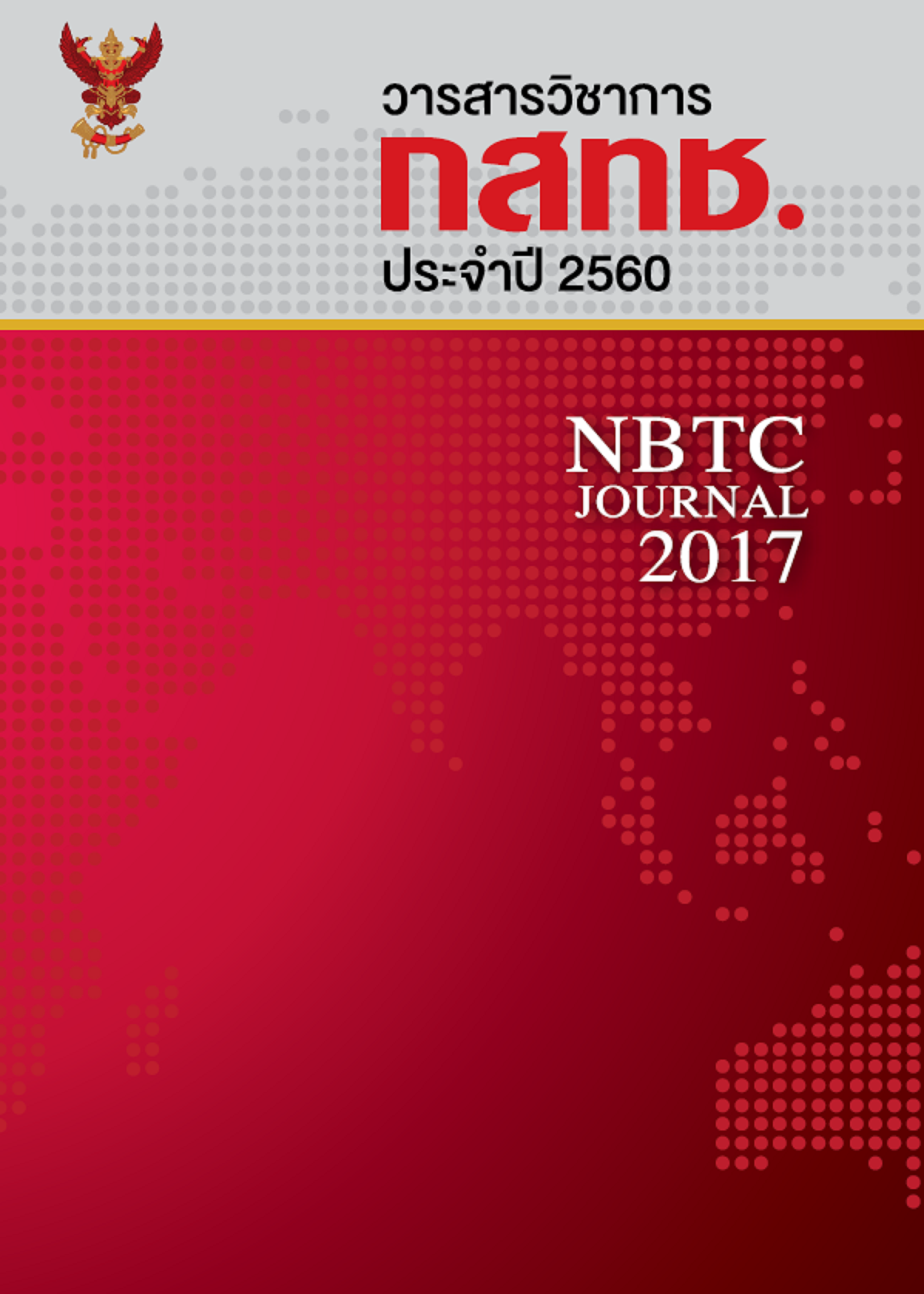Leapfrog Strategies for Thailand’s Digital Development
Abstract
Don Tapscott first introduced the term “digital economy” in 1994 when the Internet was still a novelty, with his book ‘The Digital Economy: Promise and Peril in the Age of Networked Intelligence’. In a little over two decades since 1994, the digital economy now constitutes a significant and growing part of the overall economy. In a forthcoming publication, Oxford Economics estimates that the digital economy is now worth US$11.5 trillion globally, equivalent to 15.5% of global GDP. The Internet has become a pervasive phenomenon, disrupting multiple industries, creating new business models and becoming a powerful force in its own right. Digital technologies, being general purpose technologies, are transforming our economies and societies as profoundly as the steam engine in the 18th century or electricity in the 19th.
The Government of Thailand recognizes the significance of the digital economy and created a Ministry for Digital Economy and Society in 2016. It has developed a National Digital Economy Masterplan with a 20-year time horizon, divided into four phases. These include laying the digital foundations, achieving digital inclusion, moving to full transformation, and finally achieving the status of global digital leadership. It has launched initiatives like Digital Thailand, Thailand 4.0 and a special program for developing the Eastern Economic Corridor (including a digital park and a University 4.0).
Downloads
Published
How to Cite
Issue
Section
License
The Office of the NBTC holds the copyright of articles appearing in the journal. The Office of the NBTC allows the public or individuals to distribute, copy, or republish the work under a Creative Commons license (CC), with attribution (BY), No Derivatives (ND) and NonCommercial (NC); unless written permission is received from the Office of the NBTC.
Text, tables, and figures that appear in articles accepted for publication in this journal are personal opinion and responsibility of the author, and not binding on the NBTC and the Office of the NBTC. In case of errors, each author is solely responsible for their own article, and not concerning the NBTC and the NBTC Office in any way.



